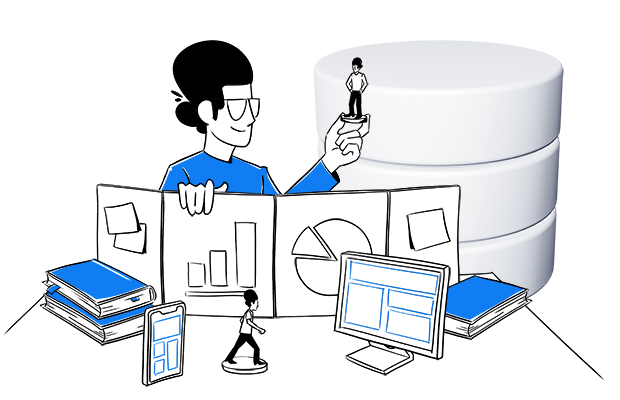Data visualization tools are software applications designed to help users create visual representations of data, allowing them to transform complex datasets into understandable visual formats. These tools help organizations better understand and analyze their data and make informed decisions based on visual insights.
Visually depicting data often makes it easier to understand and draw insights from. Data visualization is an effective means of making data more accessible across an organization. It can also be essential in communicating with parties outside the organization, such as the media, investors, regulatory agents, and other stakeholders.
Key features of data visualization tools include:
- Access to numerous visualization types, including bar charts, line graphs, scatter plots, heatmaps, and dashboards to suit specific data analysis needs.
- Dynamic updates as new data is available to allow real-time data insights.
- Ability to connect seamlessly with multiple data sources such as databases (e.g., SQL, NoSQL), spreadsheets, and cloud services.
- Analytical capabilities such as trend analysis, forecasting, and statistical modeling.
- Extensive customization features to enhance the presentation and clarity of data.
Popular data visualization tools include Microsoft Power BI, Looker Studio, Tableau and Google Charts.










